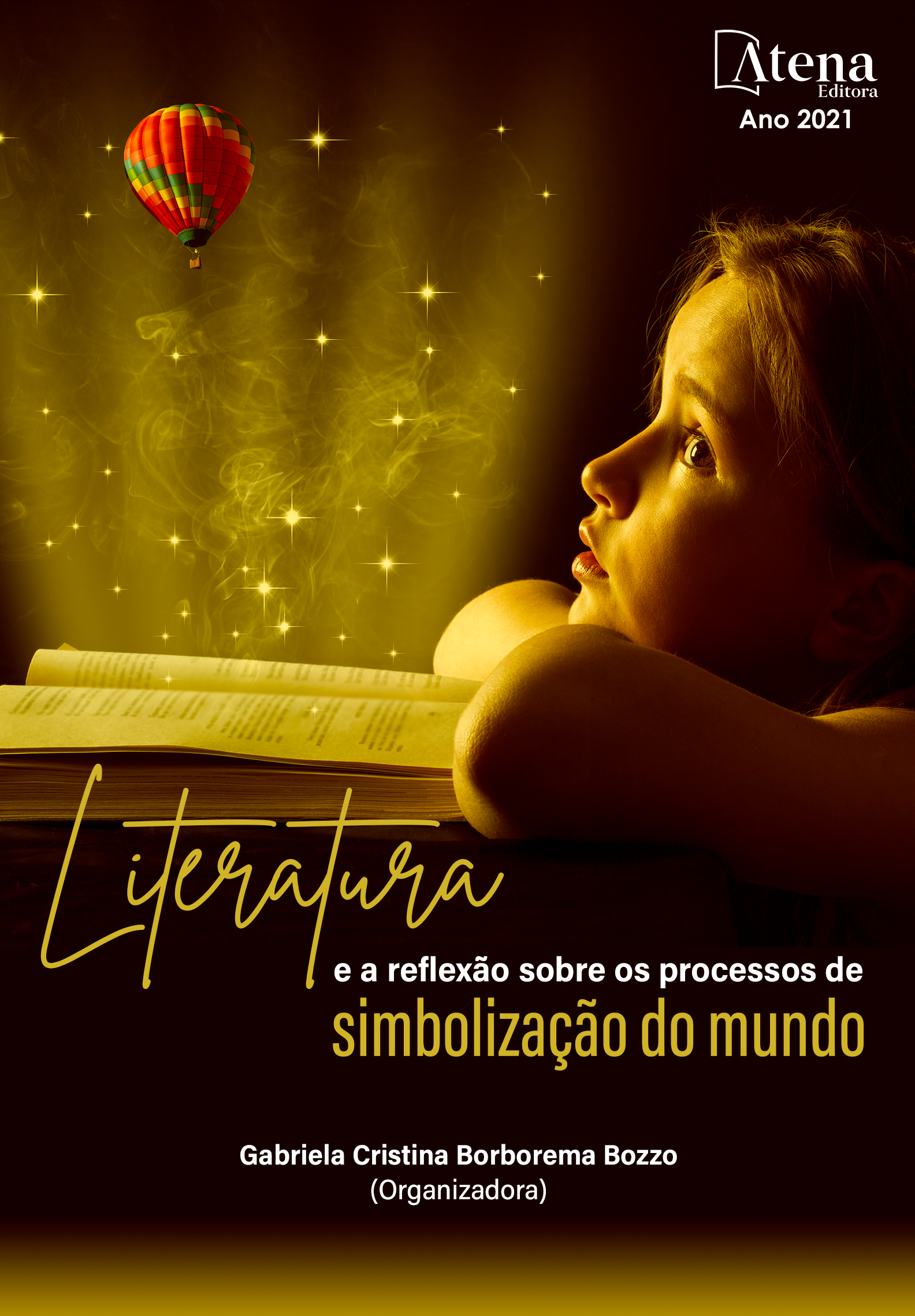
PRÁTICAS PEDAGÓGICAS NA EDUCAÇÃO INFANTIL: EM DESTAQUE A APRENDIZAGEM A PARTIR DA LITERATURA
A educação infantil é a primeira etapa da educação básica e, por isso, é uma fase de suma importância para a formação social e cultural da criança enquanto sujeito histórico, construtor de conhecimentos, dotado de capacidades e habilidades que são aprimoradas por meio das brincadeiras e interações que promovem vivências desencadeando experiências significativas que contribuem para as aprendizagens futuras. Diante disso, o presente trabalho problematiza como a literatura infantil pode ser compreendida como recurso potencialmente significante no processo de ensino aprendizagem, construção de vivências e transmissão cultural sob o viés pedagógico. Nesse sentido, compreendemos que a literatura infantil deve ser abordada a partir das situações planejadas e intencionais durante as rotinas diárias. Partimos do pressuposto de que os diferentes espaços na educação são favoráveis para os experimentos facilitam a concepção de entendimento de mundo que a criança constrói, pois nos espaços as crianças encontram objetos e brincam. A pesquisa demonstrou a importância da literatura infantil na fase inicial da aprendizagem, por meio do estudo de teorias e práticas educativas, enfatizando o brincar e interações entre as crianças, organização dos espaços com afirmações voltadas as práticas educativas planejadas, significativas e intencionais para o melhor entendimento e reflexões sobre processo educativo.
PRÁTICAS PEDAGÓGICAS NA EDUCAÇÃO INFANTIL: EM DESTAQUE A APRENDIZAGEM A PARTIR DA LITERATURA
-
DOI: https://doi.org/10.22533/at.ed.3992127075
-
Palavras-chave: Práticas Pedagógicas. Educação Infantil. Literatura.
-
Keywords: Pedagogical practices. Child education. Literature
-
Abstract:
Early childhood education is the first stage of basic education and, therefore, it is an extremely important stage for the social and cultural formation of the child as a historical subject, a builder of knowledge, endowed with capacities and skills that are improved through play and interactions that promote experiences, triggering significant experiences that contribute to future learning. Given this, the present work problematizes how children's literature can be understood as a potentially significant resource in the process of teaching, learning, building experiences and cultural transmission under the pedagogical bias. In this sense, we understand that children's literature should be approached based on planned and intentional situations during daily routines. We start from the assumption that the different spaces in education are favorable for the experiments facilitate the conception of understanding of the world that the child builds, because in the spaces the children find objects and play. The research demonstrated the importance of children's literature in the initial phase of learning, through the study of educational theories and practices, emphasizing play and interactions between children, organization of spaces with statements aimed at planned, meaningful and intentional educational practices for the best understanding and reflections on the educational process.
-
Número de páginas: 18
- Marlene Sampaio da Silva Miranda
- Elisangela Alves dos Reis


